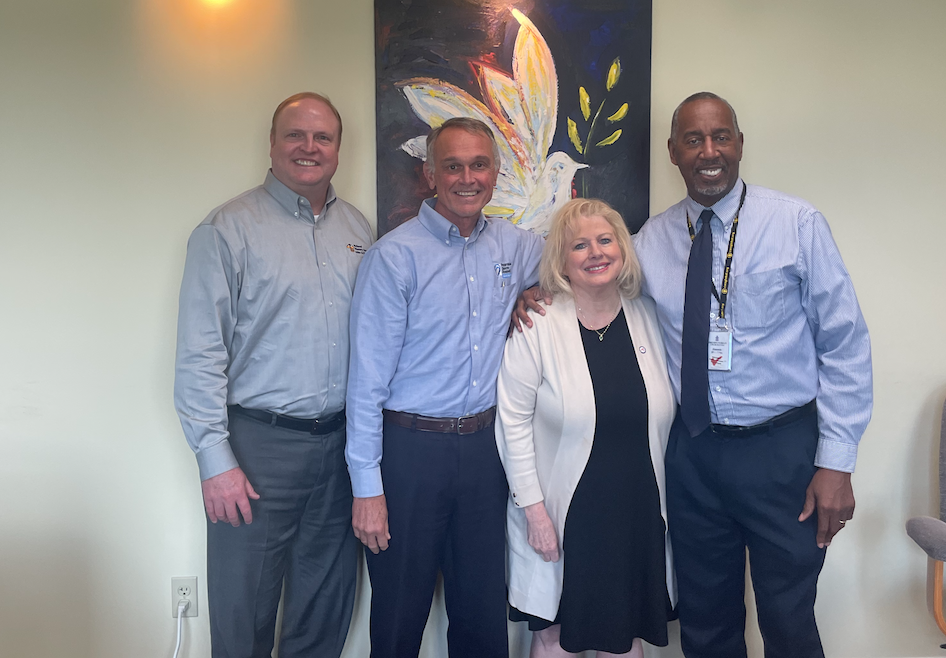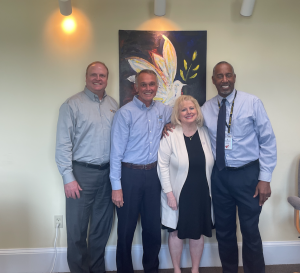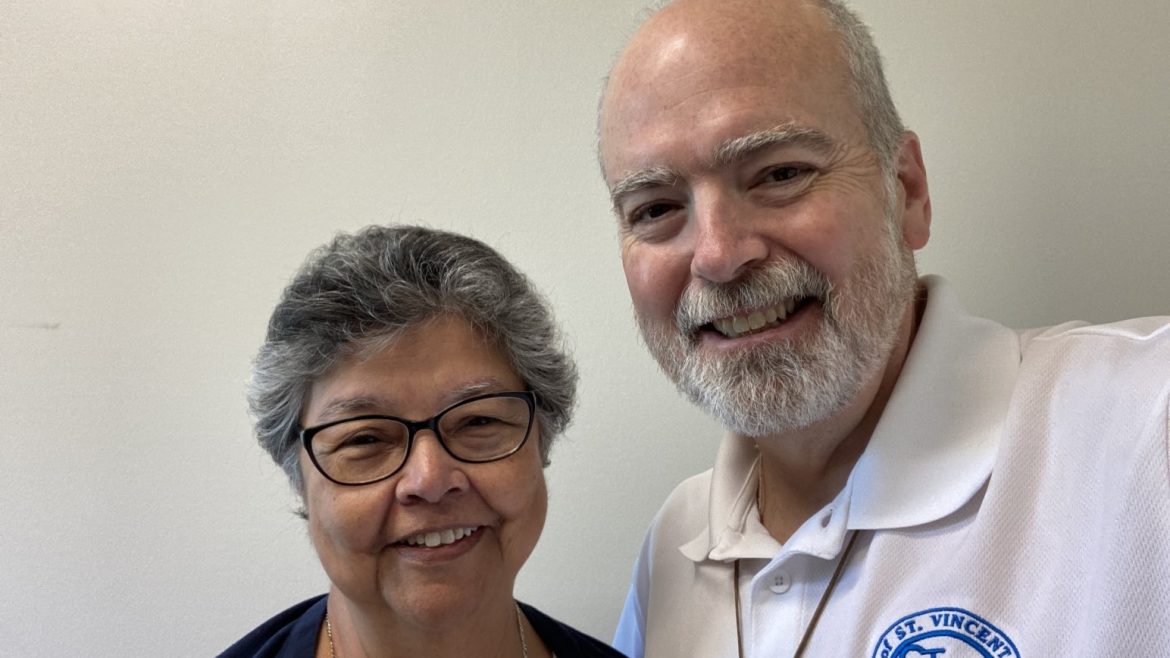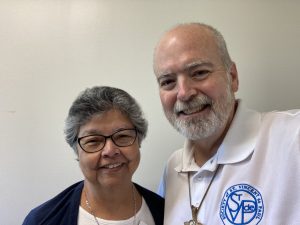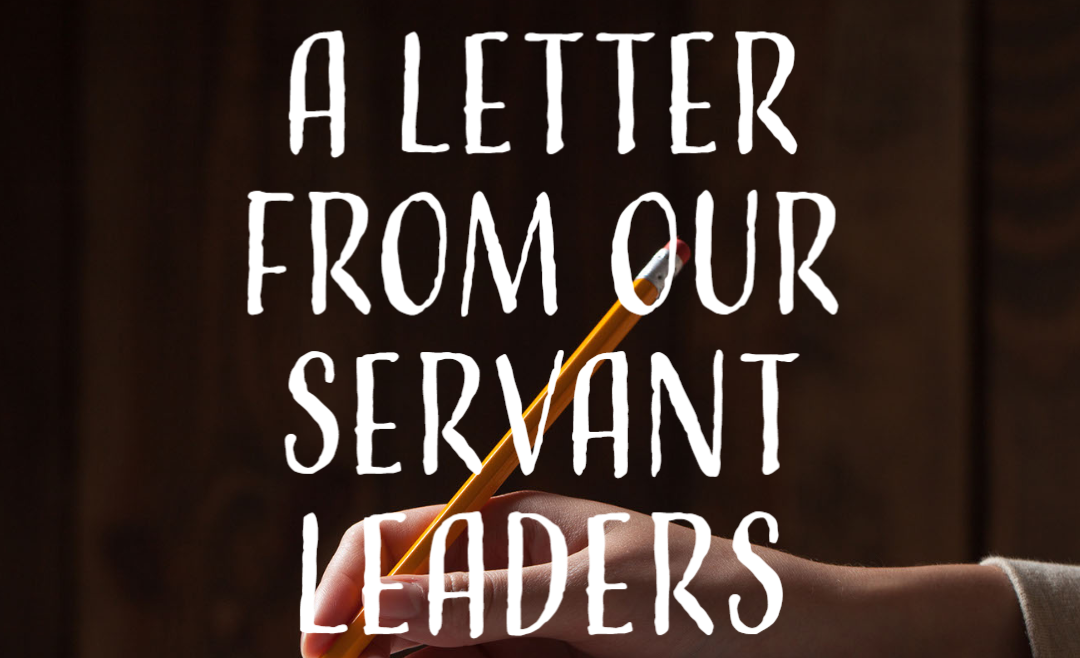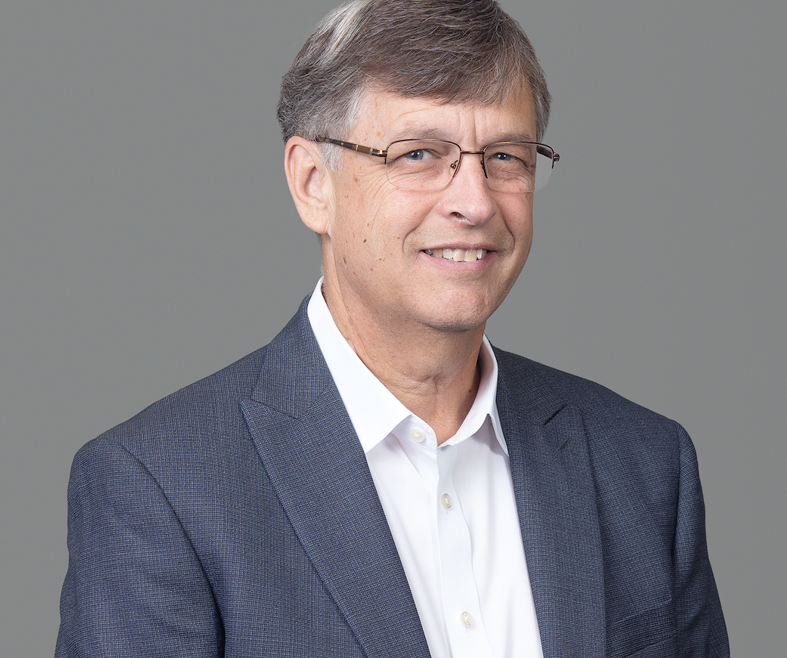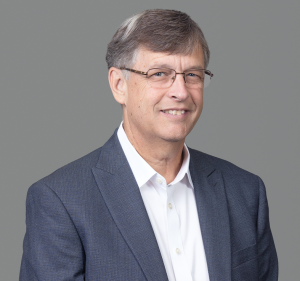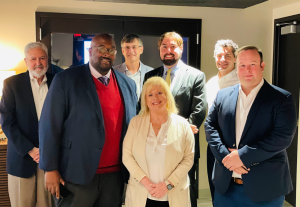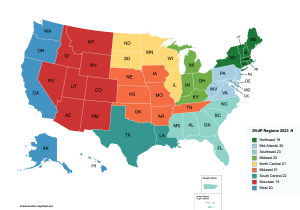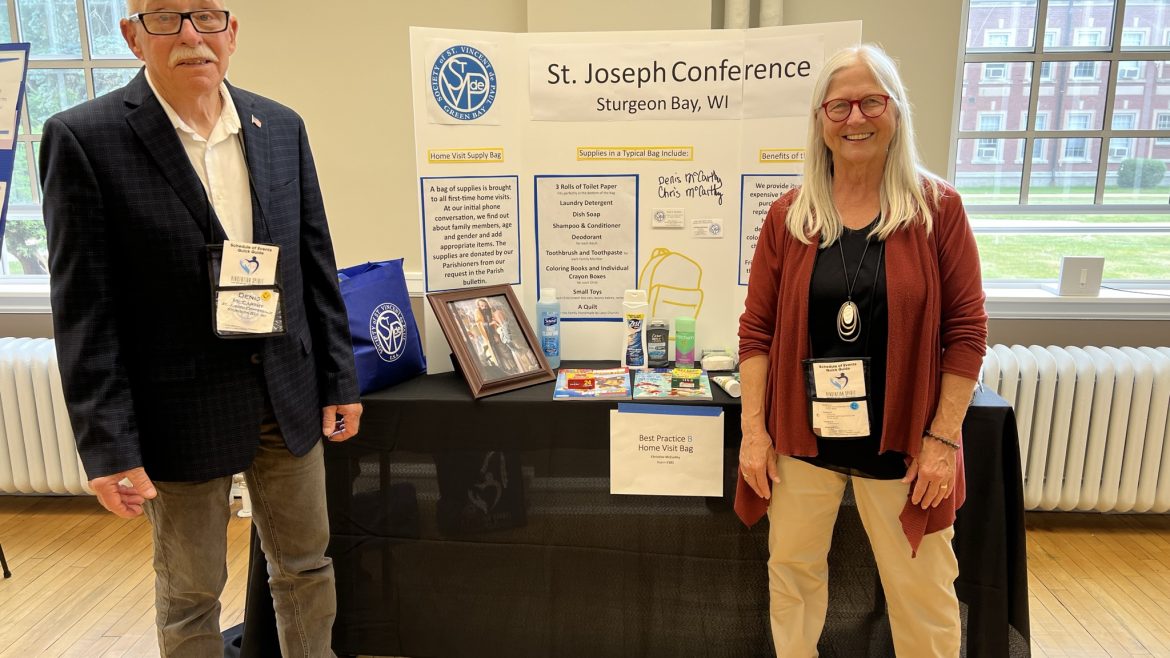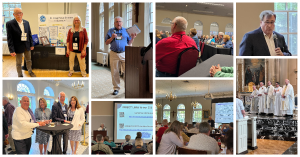Written by: Mike Smith
Vice President, St. Elizabeth of Hungary Conference
Annunciation Catholic Church, Columbus, MS
The following is a heartwarming update regarding one Conference’s ongoing efforts to support those affected by the recent tornado in Amory, Mississippi.
In a recent meeting, our dedicated team, led by Conference Treasurer Rosemary Payne and myself, had the privilege of sitting down with Fr. Joseph, the Pastor of St. Helen’s Catholic Church in Amory, along with around ten other parishioners and community members. The primary objective of this meeting was twofold: to review the progress made in utilizing the funds generously provided to St. Helen’s by SVdP (Society of St. Vincent de Paul), and to discuss the future assistance that might be required.
Thanks to the unwavering support from SVdP, approximately $18,100 has been provided to St. Helen’s so far, enabling them to offer much-needed assistance to the affected individuals and families in the community. Additionally, 750 hygiene kits were sent to Life Springs Ministry, making a significant impact on the lives of those who received them.
During our meeting, we learned that around 75-100 families are still displaced, currently residing in hotel rooms located over 30 miles away from Amory. The lack of available apartments or permanent housing options in the area has posed significant challenges to their recovery. Fortunately, FEMA plans to provide temporary trailers to accommodate some of the displaced individuals, and Franklin Graham’s Samaritan’s Purse is generously donating several permanent trailers to the community.
With the new school year just around the corner, we discussed the various needs of the affected families, including school clothes, supplies, linens, furniture, and more. We aim to provide comprehensive support to help them rebuild their lives and regain a sense of normalcy.
As we look ahead, our hearts are filled with hope and determination to continue supporting the resilient community of Amory. We are now exploring the possibility of requesting additional funding from SVdP Disaster Services to further bolster our assistance efforts. Your continued support and generosity play a crucial role in making these endeavors possible.
If you are interested in contributing or getting involved, please reach out to us. Together, we can make a lasting difference in the lives of those who have endured the devastating effects of the tornado.
Let us stand united in compassion and solidarity, showing the true spirit of community and support.



